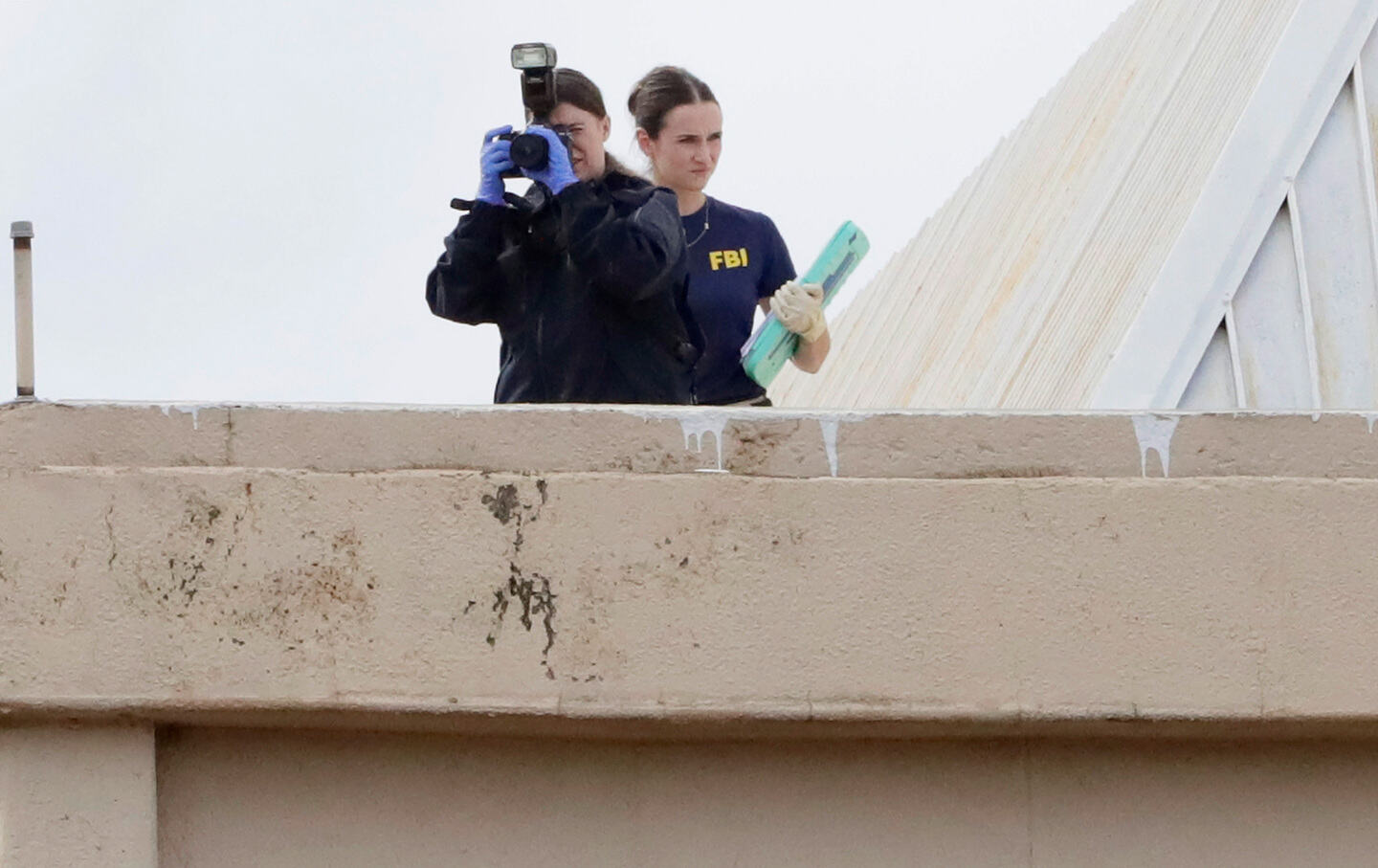
De’Martravion “Trey” Reed, a 21-year-old Black student, was found hanging from a tree on the campus of Delta State University in Cleveland, Mississippi, just weeks into his freshman year. The discovery, made on September 15, has sparked a wave of speculation and concern within the community, especially given the historical context of racial violence in the region. Despite the family’s insistence that Trey was happy and healthy before his death, local officials quickly ruled the incident a suicide, dismissing calls for further investigation.
According to the campus police, just hours after Reed’s body was found, they announced that there was “no evidence of foul play.” The coroner’s office echoed this sentiment, stating that there were no visible injuries consistent with an assault. This swift conclusion has drawn heavy criticism, particularly amid growing online discussions suggesting that Reed’s death may have been the result of a hate crime. Commissioner Sean Tindell of the Mississippi Department of Public Safety labeled rumors of foul play as “clickbait,” asserting that the state has not seen a documented lynching in decades.
Similar sentiments were echoed by Mississippi Governor Tate Reeves, who took four days to comment on Reed’s death, labeling it a “tragedy” while condemning speculation and urging people to avoid letting historical narratives cloud their judgment. His comments contribute to a growing sense of frustration among Reed’s family and advocates, who feel that the official narrative is being shaped too quickly and without proper scrutiny.
The Reed family has expressed deep concerns over the investigation’s integrity, citing conflicting reports from local law enforcement. Initially, Reed’s grandfather was informed that his grandson was found unconscious in his dorm room. This detail was contradicted by the Grenada County Sheriff’s Department, which did not clarify where Reed had been found. Attorney Vanessa J. Jones, representing the Reed family, held a press conference revealing that the family learned about Trey’s death through news reports rather than from authorities directly.
Jones has also raised questions about the availability of video surveillance footage that authorities claim exists, insisting that the family has not been allowed to view it. She argues that with the amount of surveillance on campus, there should be substantial evidence detailing Reed’s movements leading up to his death. “If this young man was on the campus of Delta State University with all these cameras and all this modern technology, from the moment he left his dorm room or entered the campus, there should be surveillance of all his actions,” she stated.
The family’s skepticism is further supported by the involvement of renowned civil rights attorney Ben Crump, who has joined their legal team. Crump is known for advocating for victims of racial violence and is collaborating with Colin Kaepernick’s “Know Your Rights Camp Autopsy Initiative” to fund a second independent autopsy, highlighting the family’s lack of faith in the initial findings.
Jill Collen Jefferson, a civil rights lawyer and Mississippi native, has documented numerous cases of Black men found hanged in the state, raising alarms about the potential for misclassification of racially motivated murders as suicides. “Mississippi’s medical examiner system is notoriously flawed,” Jefferson remarked, pointing out that candidates for county coroner only need a high school diploma and minimal training. This has led to concerns about the thoroughness and accuracy of death investigations in the state.
The historical context of Reed’s death cannot be ignored. Just 30 miles away from where Reed was found, the body of 14-year-old Emmett Till was discovered in 1955, a victim of racial violence that shocked the nation. In the decades since, Mississippi has recorded a disturbing number of suspected lynchings, often ruled as suicides by local officials. The Southern Poverty Law Center reported at least eight suspected lynchings of young Black men and boys since 2000, all classified as suicides.
Jefferson argues that the ease with which these cases are labeled as suicides reflects a systemic issue: “They are pretty much ruled suicides immediately, before any type of meaningful investigation is done,” she explained. This premature classification often results in poorly conducted investigations, leaving families without closure or justice.
While the possibility of suicide cannot be entirely ruled out—especially as the CDC reports rising rates among young Black men—the circumstances surrounding Reed’s death raise significant doubts. Reed’s family, friends, and advocates describe him as a joyful, ambitious young man who was excited about starting college. His mother, Sophia Reed, recalled, “He seemed excited about starting his freshman year at Delta State… He didn’t show no signs” of distress.
The call for transparency and a thorough investigation has garnered support from Mississippi’s Legislative Black Caucus and U.S. Representative Bennie Thompson, who has urged the FBI to become involved. However, there has been little response from federal authorities, adding to the family’s frustration.
As the community grapples with the implications of Reed’s death, many are left questioning the motivations behind the swift conclusions drawn by local officials. The contrasting treatment of this case compared to others, particularly the recent murder of conservative activist Charlie Kirk, has highlighted racial disparities in how deaths are investigated and reported. While Kirk’s death has received widespread attention and sympathy, Reed’s has been met with skepticism and a desire to move on.
Jefferson warns that the political climate and its impact on investigations cannot be overlooked. “There is no backstop with the Justice Department to make people investigate or do the right thing here,” she stated, emphasizing the urgent need for reform and accountability.
Trey Reed’s case serves as a stark reminder of the ongoing struggles against racial violence and injustice in America. As calls for justice persist, it is crucial that the community demands a thorough investigation that honors Reed’s memory and seeks the truth behind his tragic death. The fight for transparency and justice is not just about one young man; it is about ensuring that history does not repeat itself and that all lives are valued equally in the eyes of the law.


